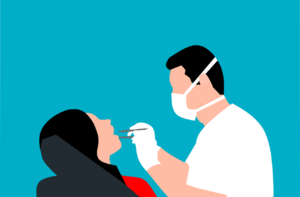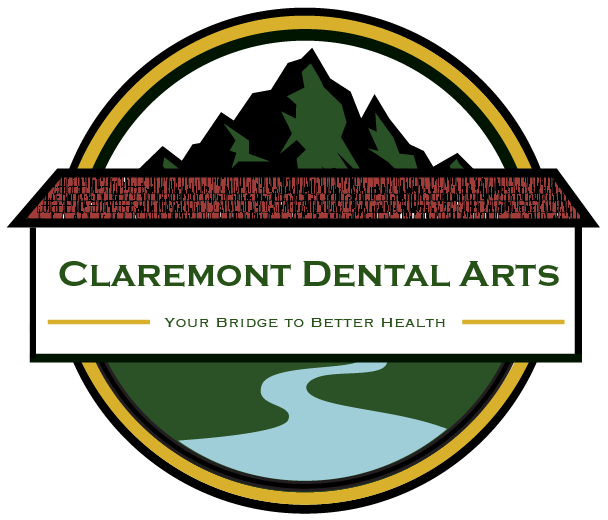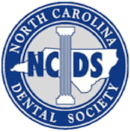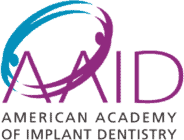
Does a trip to the dentist send chills down your spine? You’re not alone. Studies have found that the global estimated prevalence of dental fear and anxiety (DFA) in adults is about 15.3%. What’s more, 12.4% and 3.3% of adults suffer from high DFA and severe DFA respectively.
Needless to say, neglecting your oral health can lead to several long-term consequences, such as:
- Halitosis, commonly known as ‘bad breath’
- Gum diseases
- Oral cancer
But there’s no need to despair. Nowadays, dentists use sedatives to help anxious patients remain calm and relaxed during the treatment. With sedation dentistry, patients can undergo various dental procedures stress-free, from gentle cleaning routines to invasive surgery.
If you haven’t heard of sedation before, you’re probably curious about what it involves. So, let’s dive into six aspects of sedation dentistry you must know.
There are Different Levels of Sedation
Sedation is not a one-size-fits-all process. Typically, dentists can choose between:
- Minimal sedation: You’re awake during the procedure but at ease.
- Moderate sedation: You may slur your words and not remember much of the treatment.
- Deep sedation: You’re barely conscious but can still wake up if needed.
- General anesthesia: You’re completely unconscious.
Your sedation level will vary by the severity of your fear and the intensity of the procedure. For example, if you are extremely phobic or need extensive treatment, your dentist may recommend general anesthesia.
Sedatives Can be Administered Through Various Means
Depending on the situation, dentists usually sedate patients in the following ways.
- Inhalation: You inhale a combination of nitrous oxide (laughing gas) and oxygen through a mask placed over your nose. As a mild sedative agent, nitrous oxide can effectively manage pain during dental procedures. Also, since the gas wears off quickly, you’ll have no trouble getting home by yourself.
- Pills: For oral sedation, dentists prescribe medication to make you drowsy before the procedure. The dosage will vary according to the desired level of sedation.
- Intravenous (IV) channels: In IV sedation dentistry, you’re sedated intravenously, meaning the drug is dispensed through an IV drip.
Not all Dentists can Perform Deep Sedation
Although many dentists can administer minimal to moderate amounts of sedation, only a handful are qualified to use complex techniques. Usually, they are oral/maxillofacial surgeons, dental anesthesiologists, and dentists who have gone through specialized training in sedative drugs, skills, and equipment.
As a rule of thumb, you must look for dentists who have the skills and technical expertise to perform sedation successfully. Be sure to check their competencies before booking your appointment.
Sedation Dentistry is Safe
One of the many reasons why sedation dentistry is so popular is that it is perfectly safe when administered by a trained professional. Because most sedatives have been on the market for years, they’re thoroughly vetted. As a result, there are hardly any side effects to sedation dentistry, save a few.
Bear in mind that if you have diabetes, hypertension, or chronic cardiac issues, you may be ineligible for sedation. Ensure your dentist knows your complete medical history so that they can determine the best course of action for you. Also, remember to mention any allergic reactions you’ve had to certain sedatives in the past.
Perhaps most importantly, do not try to self-medicate. Instead, feel free to reach out to your nearest oral sedation dentistry clinic for advice.
Sedation Dentistry Relieves Anxiety
Gone are the days when people deliberately skipped their dental appointments out of fear. The entire point of sedation dentistry is to alleviate any anxiety a patient may experience during dental procedures. If you typically associate dental work with pain, sedation dentistry can come to your aid.
There are Several Other Benefits to Sedation Dentistry
Sure, sedation dentistry can help you overcome your fear of the dentist, but its perks don’t stop there. Here are a few additional advantages of dental sedation.
A) It Enhances Comfort
If you have sensitive teeth and gums, going to the dentist can be a cringe-worthy experience. However, sedation dentistry can effectively ease your discomfort. Your dentist will sedate you just enough to make you entirely numb to the treatment. Once you come to, you’ll have little to no memory of the procedure. It’s a win-win situation overall!
Sedation can also help patients with an oversensitive gag reflex. With the throat muscles temporarily paralyzed, patients are at a lower risk of spasming uncontrollably. This allows the dentist to work more efficiently while you breathe easy.
B) It Quickens the Treatment
Back in the day, patients needed multiple appointments for a single dental procedure. But given today’s fast-paced lifestyle, you may have trouble clearing your schedule every alternate day. This is where sedation can help.
Sedation allows dentists to cover more ground in less time. When patients are relaxed and pain-free, dentists can work on them for longer without stopping for breaks. You may even be able to get weeks of treatment done in a couple of hours!
So, in case you’re looking to get healthy teeth in fewer visits, consider discussing your sedation options with your dentist.
C) It’s a Great Fit for Special Needs Individuals
According to a recent study, 49.1% of people with disabilities reported that they rarely or never go to the dental office, unless there’s an emergency. Given that disabled individuals typically deal with greater levels of oral disease, this is bad news.
Patients with special needs may struggle with staying calm in the dentist’s chair. In this regard, sedation dentistry can help soothe their nerves and ensure they remain still throughout the procedure. Plus, it is suitable for people of all ages!
The Bottom Line
Sedation dentistry can work wonders for patients who have a hard time getting any dental work done. It can help you overcome your dental anxiety and take a step towards optimal oral health. Always be sure to work with dentists who provide quality oral care in a safe environment.
Are you looking for sedation dentistry services near you? Look no further than Claremont Dental Arts! As a center for cosmetic and sedation dentistry, we help our patients get bright, healthy smiles stress-free. For more information, contact us today!




